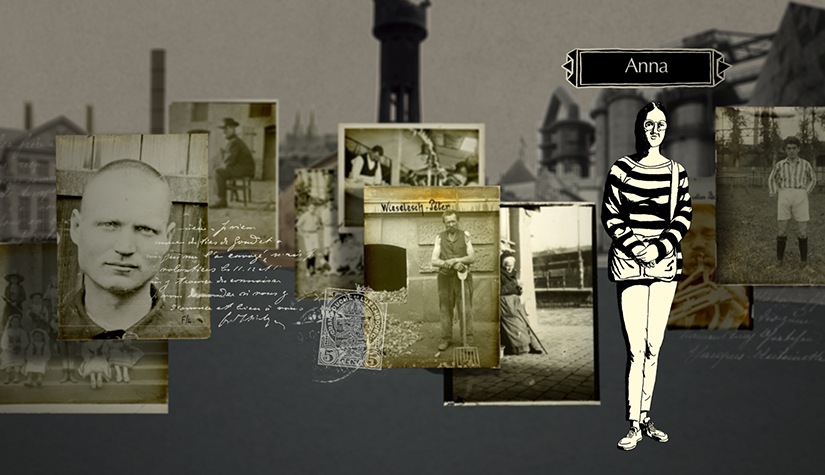News
-
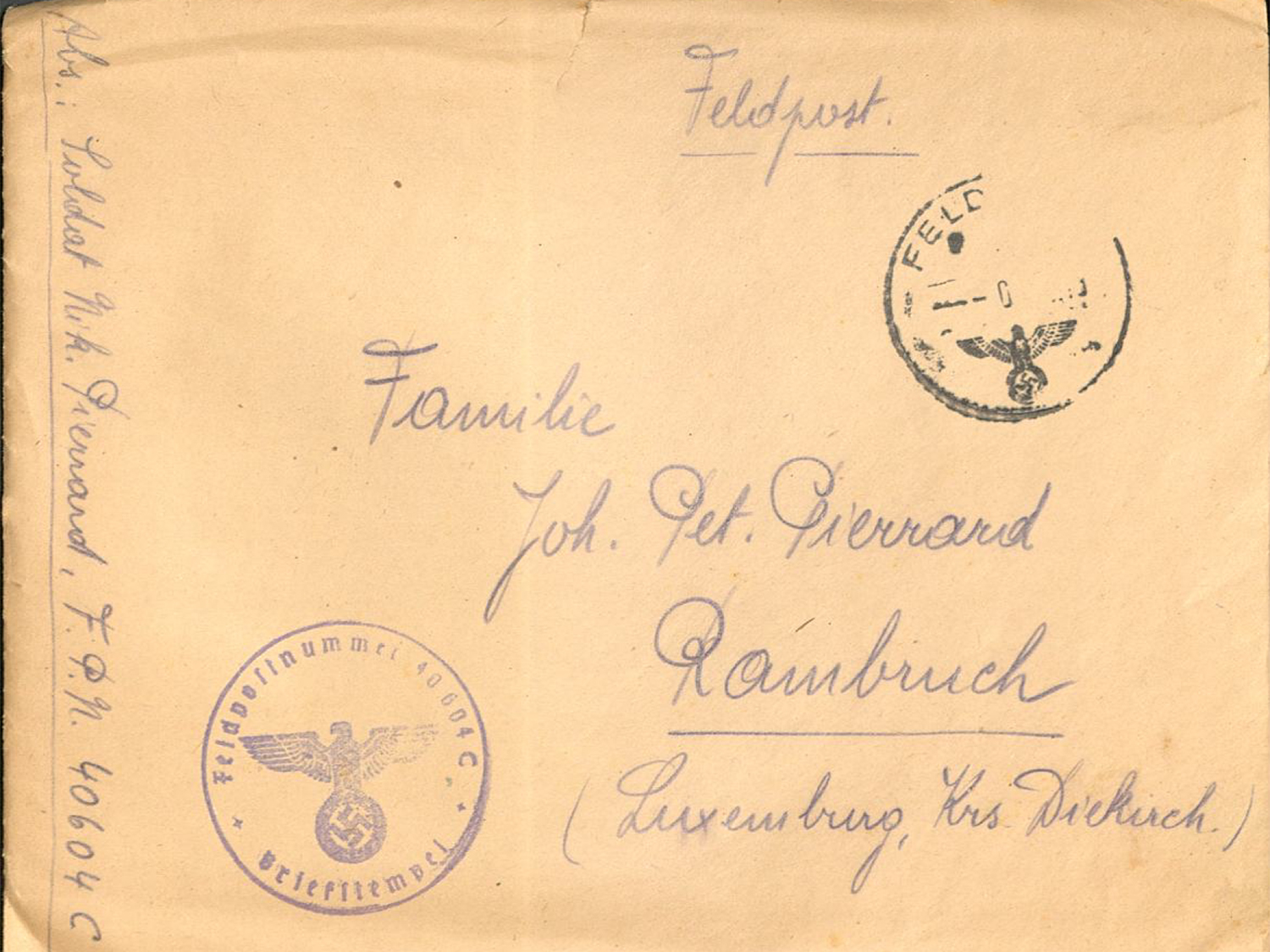
Introducing the Warlux website on Luxembourgish soldiers during WWII
ResearchHumanitiesMehr erfahren -

The C²DH starts cooperation with the Section of Applied Natural Sciences, Physics, and Mathematics of the Institut Grand-Ducal of Luxembourg
ResearchHumanitiesMehr erfahren -

Die Universität startet einen einzigartigen Master in Digital and Public History
Studium, UniversitätSozialwissenschaftenMehr erfahren
Zukünftige Veranstaltungen
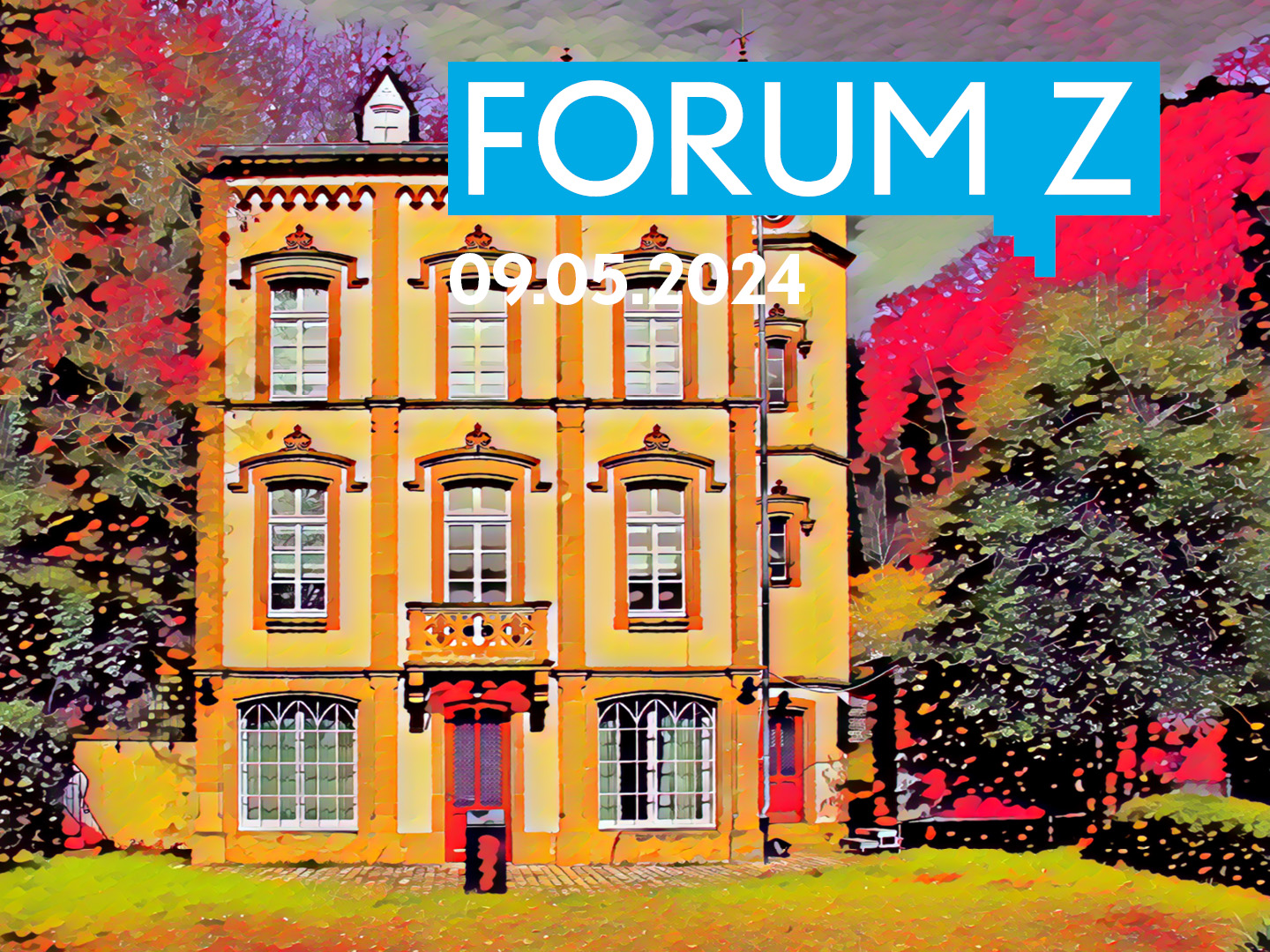 Donnerstag 09 MaiÉvénement en personne, Événements culturels et sociaux, Gratuit
Donnerstag 09 MaiÉvénement en personne, Événements culturels et sociaux, GratuitÉlargir l'histoire européenne
Mehr erfahren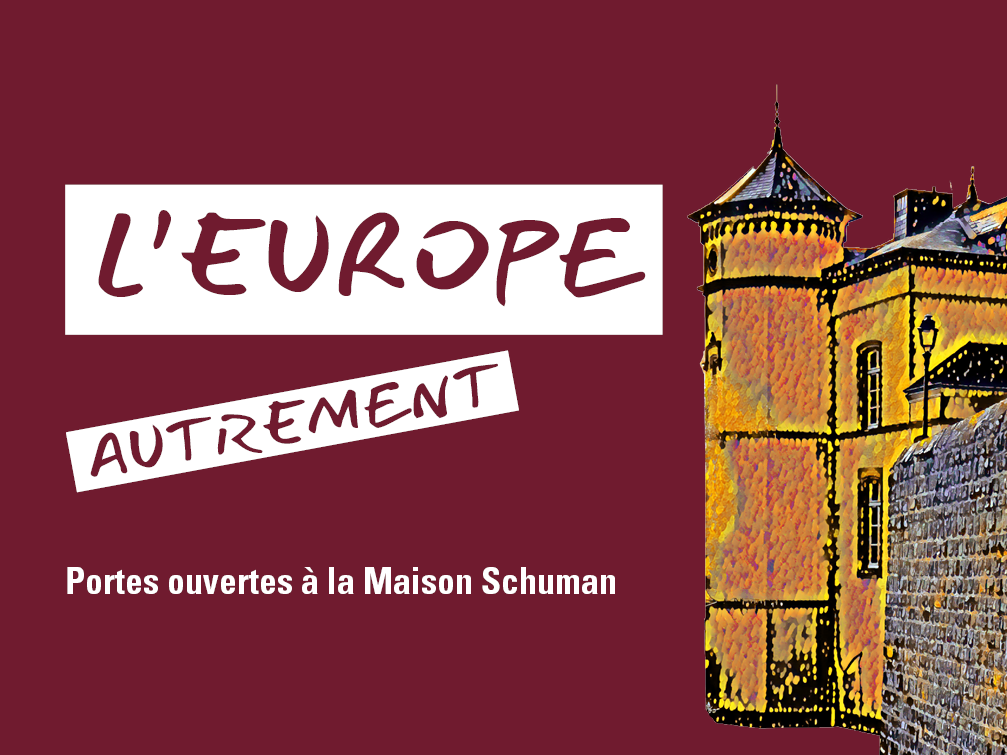 Donnerstag 09 MaiÉvénement en personne, Événements culturels et sociaux, Gratuit
Donnerstag 09 MaiÉvénement en personne, Événements culturels et sociaux, GratuitL'Europe autrement
Mehr erfahren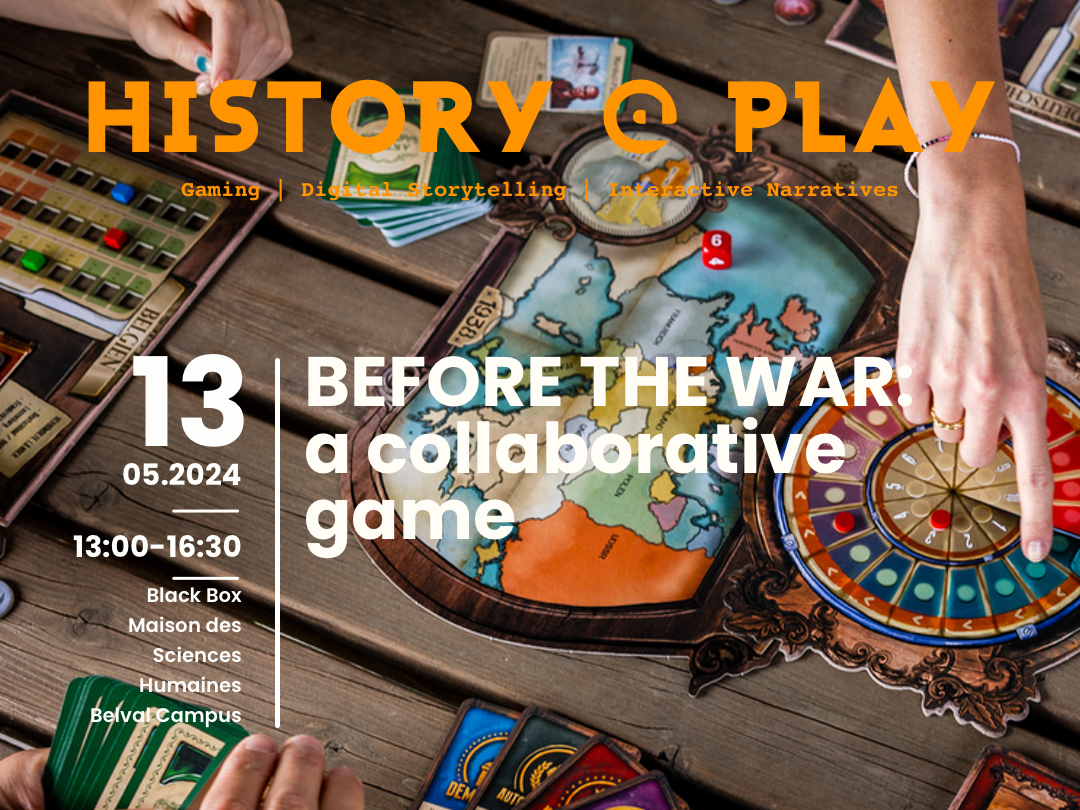 Montag 13 MaiCourses and workshops, Free of charge, In-person event, Lectures and seminars
Montag 13 MaiCourses and workshops, Free of charge, In-person event, Lectures and seminarsBefore the War: a Collaborative Game
Mehr erfahren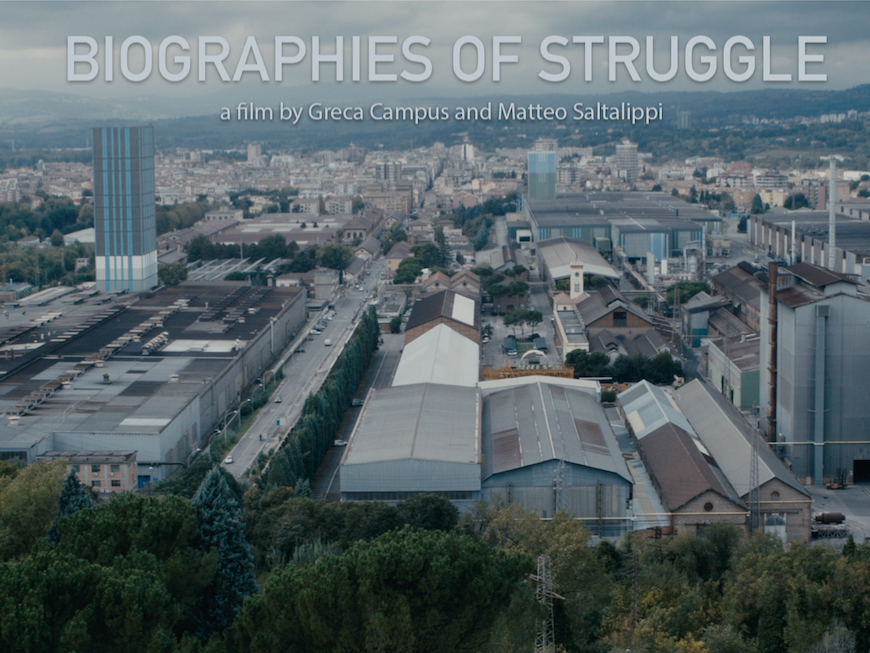 Dienstag 21 MaiFree of charge, In-person event, Lectures and seminars, Virtual event
Dienstag 21 MaiFree of charge, In-person event, Lectures and seminars, Virtual eventBiographies of Struggle – the 2014 steelworkers strike at AST in Terni (Central Italy)
Mehr erfahren Mittwoch 22 MaiFree of charge, In-person event, Lectures and seminars, Virtual event
Mittwoch 22 MaiFree of charge, In-person event, Lectures and seminars, Virtual eventThe Dynamic Networks of 19th Century Newspaper Reprinting
Mehr erfahren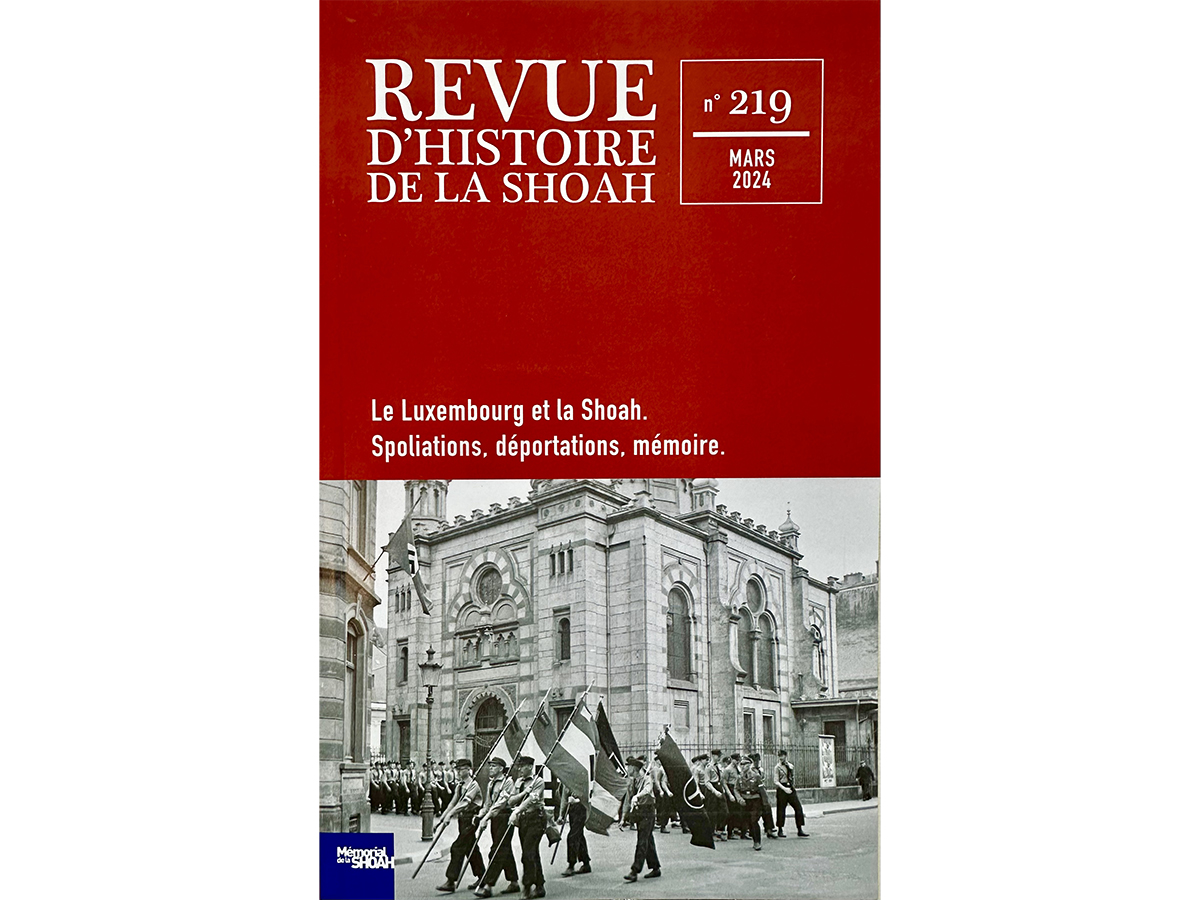 Donnerstag 06 JuniConférences, Événement en personne, Gratuit
Donnerstag 06 JuniConférences, Événement en personne, GratuitLe Luxembourg et la Shoah
Mehr erfahren
Pioniere der digitalen Geschichte

Das interdisziplinäre Zentrum auf einen Blick
Die Forschungsaktivitäten des C²DH basieren auf vier Themenbereichen: Zeitgeschichte Luxemburgs, Zeitgeschichte Europas, Public History und digitale Geschichtsschreibung. Das Zentrum fördert einen interdisziplinären Ansatz mit besonderem Fokus auf neue digitale Methoden und Werkzeuge für die historische Forschung und Lehre.
